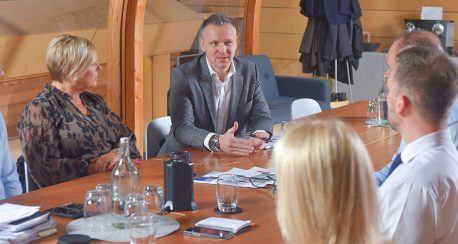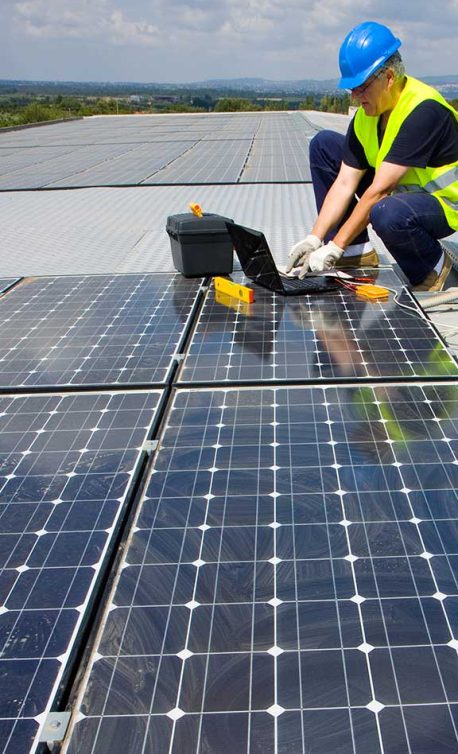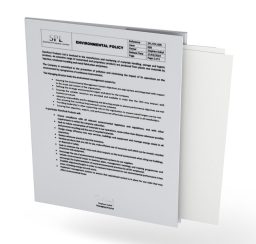
Medstor – Achieving Net Zero by 2050
The climate crisis affects us all. At Medstor, we care about our customers and we care about our world. This is why we are on a Net Zero transformation journey.
All the companies within the Stamford Products Ltd family – Medstor, Mailbox Products and Micropol – have a shared responsibility to implement environmentally-responsible working practices.
An ambitious aim
By 2050, we aim to be a Net Zero company.
To achieve this, we have put a decarbonisation strategy in place. As well as being the right thing to do in response to the climate emergency, the strategy supports upcoming UK regulatory requirements and prepares us to thrive in a low-carbon economy.

Net Zero decarbonisation strategy
Our ambitious ‘Net Zero by 2050’ plan covers all parts of our business and has been introduced in three phases:
Phase 1 - Transport
• Measure and benchmark our logistical operations to ascertain our current performance
• Investigate and review Best Practice within the logistics industry
• Devise a plan to reduce emissions
This may include:
• Upgrading or changing vehicles to electric or hybrid
• Using couriers with a low carbon footprint
• Optimum loading and routing of vehicles
• Negotiating with customers to arrange deliveries when the optimum carbon saving can be realised
To monitor success, we will:
Define Key Performance Indicators to measure the reduction of emissions.

Phase 2 – Monitoring and ongoing implementation
- Implement the plan to reduce emissions and review it regularly using PDCA (plan–do–check–act or plan–do–check–adjust)
- Obtain expert advice where KPIs are not reducing as expected

Phase 3 - Logistics
During Phase 3, we will investigate and implement other decarbonisation activities. These actions may include:
- Using solar power where possible
- Providing resources or funding to local communities to introduce carbon sinks
- Incentivising employees to car share or use alternative methods of low emission transport
- Provide charging points at the factory for electric vehicles
Part of a wider commitment
Our Net Zero strategy operates alongside the many other environmentally-responsible initiatives we embrace across the Stamford Products Ltd group of companies.
These include:
• Holding FSC accreditation confirming that any forest-based materials
• used in in our manufacturing process have been produced according to the FSC’s rigorous standards
• Collecting, reusing and recycling waste product as much as possible
• Development of a growing line of recycled materials handling products
• The use of LED lighting in our production areas and offices
• Investment in more energy-efficient machinery
• Investment in gas heating control systems
• Signing up to the British Plastics Federation’s Climate Change Agreement for Plastics Processing (BPF CCA)

